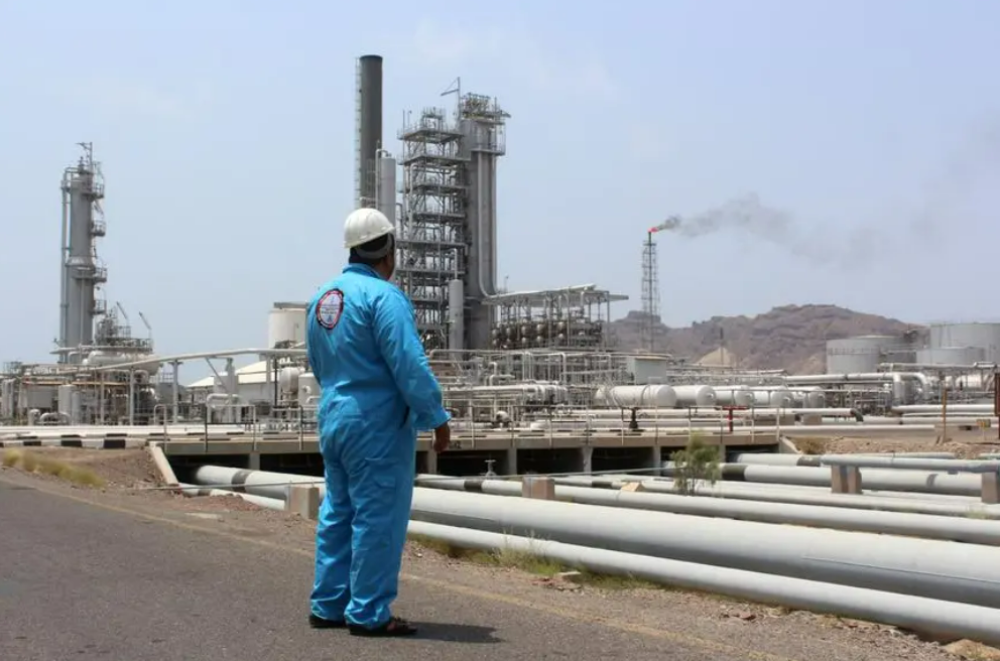
The current situation in Yemen paints a bleak picture, as the suspension of oil exports continues to take its toll on the country’s economy. The International Monetary Fund (IMF) has reported a 2% dip in economic growth in 2023, along with persistently high inflation levels despite a global decrease in food prices.
According to the IMF, the halt in oil exports since the oil facilities attack in October 2022 has had a significant impact on Yemen’s economy. With oil exports representing over half of the government’s revenues and 4% of GDP, the fiscal deficit is now estimated to be at 4.5% of GDP in 2023, putting pressure on reserves and the exchange rate.
Adding to the economic challenges, tensions in the region, particularly the Red Sea conflict, could further worsen the situation in Yemen. This could disrupt economic activities through trade and financial channels, as well as reduce external support, including crucial humanitarian assistance.
Despite these difficulties, the IMF notes resilient factors such as disbursements of the GCC support package and stable remittances that have helped mitigate the crisis. However, the humanitarian situation remains dire, with 17 million people facing food insecurity.
The IMF recommends accelerating fiscal reforms in Yemen, particularly in revenue administration, to address the current uncertainties and challenges. A recent meeting between an IMF team and Yemeni authorities discussed economic developments, outlook, and progress on key policy reforms.
